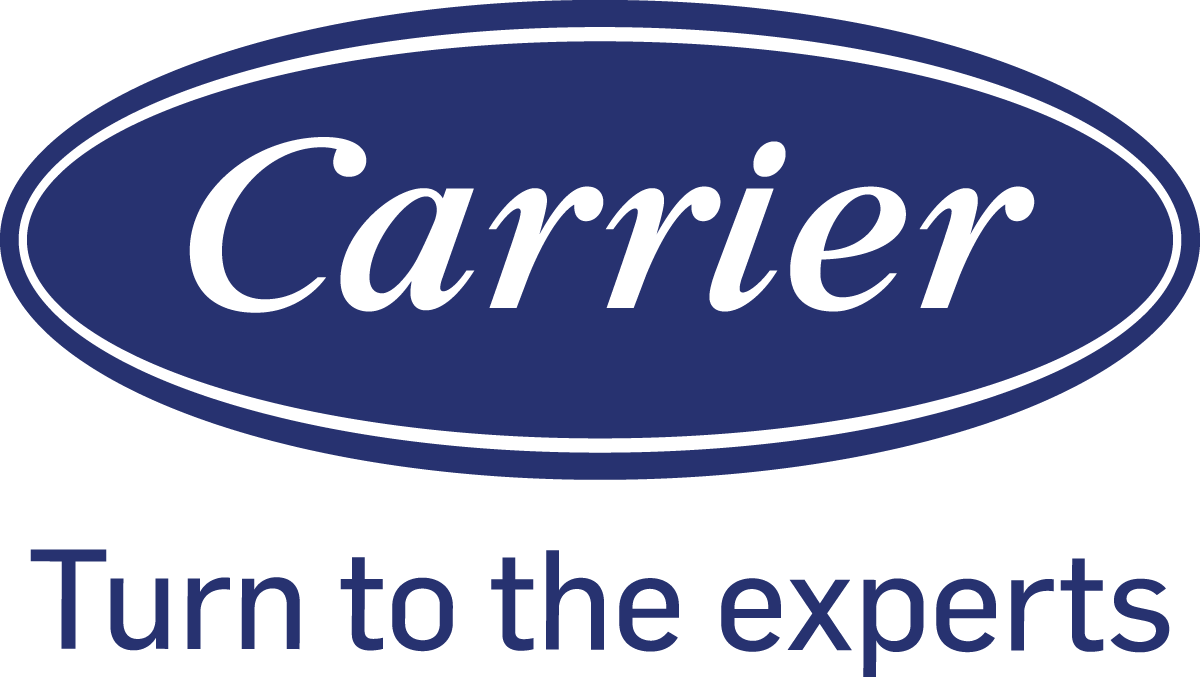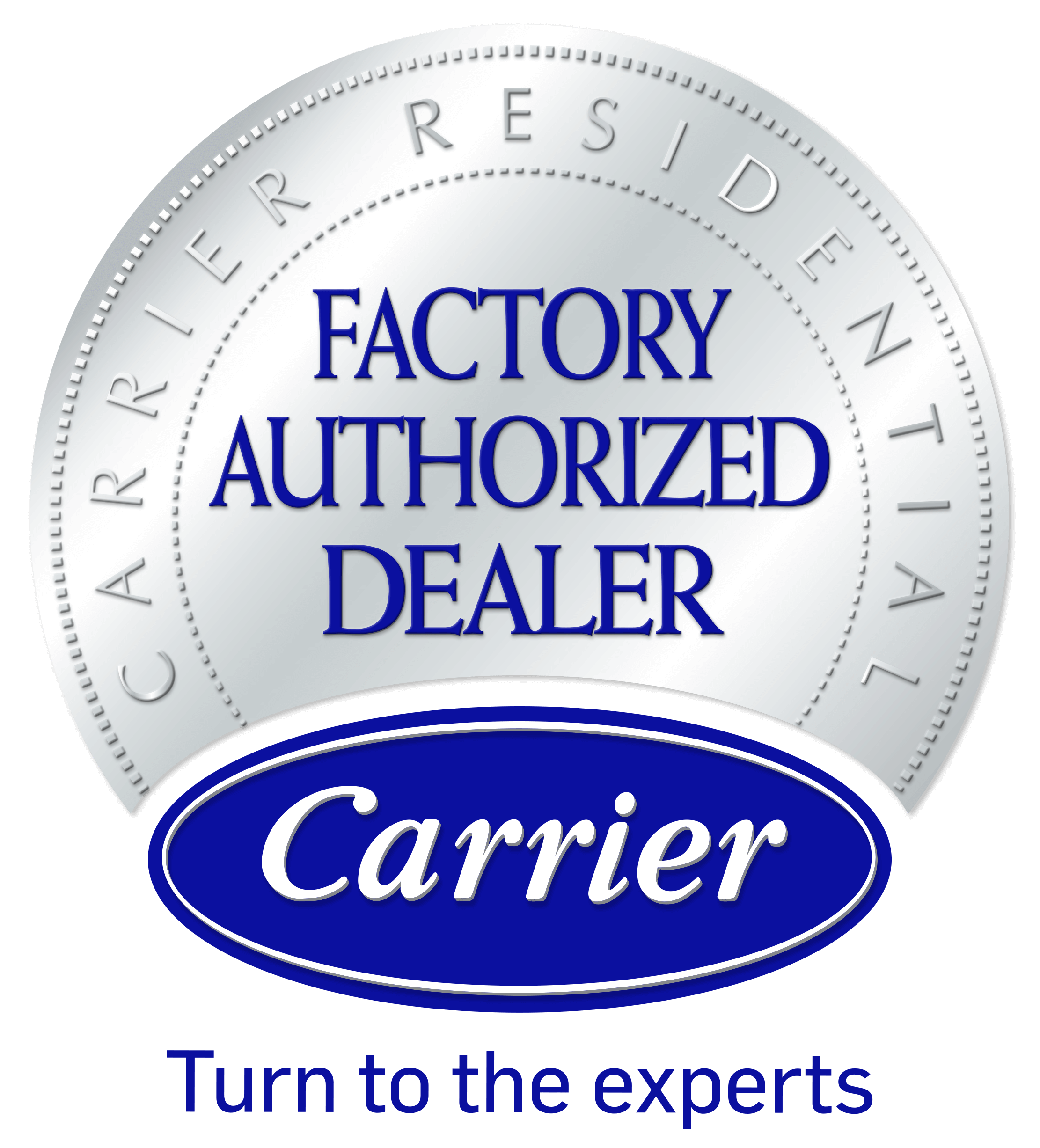Read our communication regarding new measures our team is enacting in this critical time.
 We’re Always Open!
We’re Always Open!703-291-1926
HVAC Maintenance & Spring Allergies
Springtime is a welcome relief from the harsh conditions of winter, but for those who suffer from spring allergies, it can lead to sneezing, wheezing, and misery. If you expect to find relief from allergy symptoms by staying at home, think again. Studies have shown the average home may contain 3 to 5 times as many pollutants as outdoor air, so escaping from spring allergens may be harder than you think. Fortunately there are some steps that both you, and your contractor can take to help reduce the number of allergens present in your indoor air, starting with HVAC maintenance.
Leave It To The Experts
Scheduling annual preventive maintenance each spring and fall is the best way to keep your HVAC equipment in top condition, while improving system efficiency and preventing major repairs. Dust, dirt and other debris can collect inside the components of your A/C, reducing airflow, causing unnecessary wear and tear on parts, and contributing to poor indoor air quality.
In the spring, your contractor will inspect, clean, lubricate, and tune your cooling system, to allow for an uninterrupted supply of cool air on those hot summer days. In addition, a clean, well maintained AC system is more efficient at controlling humidity levels, which, if left unchecked can lead to mold, negatively impacting the health of all your family members, including those with spring allergies.
Do It Yourself
As a homeowner, there are several steps you can take to further reduce the level of allergens in your home, including the following:
Change the Air Filter
Your AC filter is the first line of defense against allergens, as a high quality filter can trap the smallest of particulates including pollen, dust, mold, dander and more. If the filter becomes dirty or clogged, a number of things can happen:
- Airflow is restricted, forcing your AC to work harder to cool your home
- Particulates, including allergens, are forced to move around the filter contaminating your indoor air.
- Dirt and debris collect in air vents leading to dirty ducts.
- System components become dirty and can wear out faster.
For best results, check and replace your air filter every four to six weeks during peak cooling season, and buy the best quality air filter you can afford, in accordance with manufacturer or contractor recommendations.
Clean Up
Keep the area around the outdoor unit clean and free from debris and foliage. Aim for a clearance of at least two feet around, and five feet above the equipment, to encourage circulation and prevent damage.
Keep an Eye Out
Perform a periodic visual inspection of air vents and exposed ductwork, looking for signs of mold growth, cracks, or areas of disconnection. If you see or suspect mold growth in your ductwork, signs of vermin, or particles blowing from supply vents, it may be time to have your ducts cleaned.
Repair cracked or disconnected ducts with foil backed tape or duct mastic to prevent allergens from entering, and conditioned air from escaping, and insulate ducts which are in unconditioned spaces such as your crawl space or attic. Insulation prevents condensation, which can contribute to mold growth.
Seal Air Leaks
Leaks around doors and windows can let allergens in, and cooled air out. Test for leaks on a windy day, using a piece of tissue paper, and seal the affected areas using weatherstripping or caulking where needed.
HVAC Service Contract with John Nugent & Sons
Proper HVAC maintenance is vital to the efficiency and longevity of your heating and cooling system. Most people don’t call for routine maintenance because they either forget or think it will be a difficult process. With routine, planned maintenance plans from John Nugent & Sons you can rest easy knowing you are taken care of!
Contact us online, or give us a call at 703-291-1926 to learn more about how you can save when you sign up for a maintenance plan!









